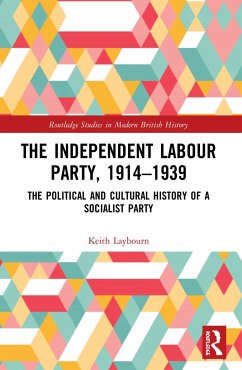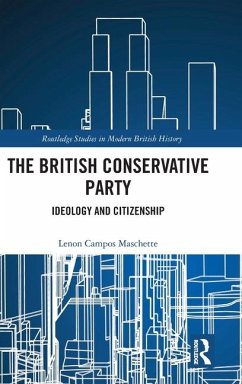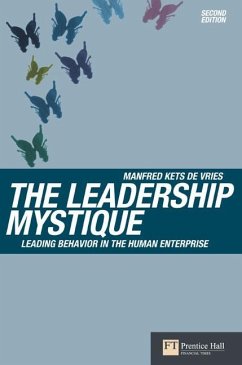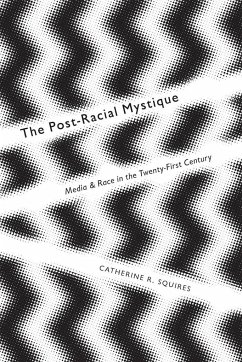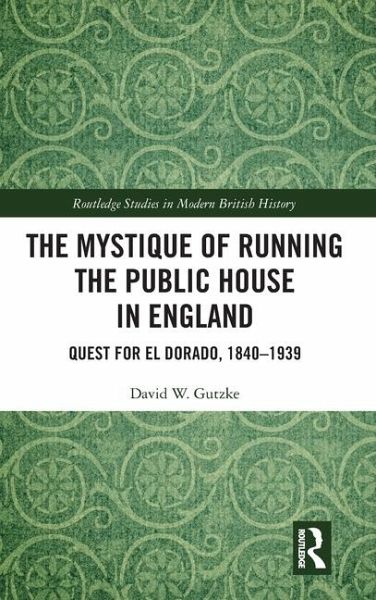
The Mystique of Running the Public House in England
Quest for El Dorado, 1840-1939
Versandkostenfrei!
Versandfertig in 6-10 Tagen
154,99 €
inkl. MwSt.
Weitere Ausgaben:

PAYBACK Punkte
77 °P sammeln!
This book is the first scholarly study to explore economic relations between brewers and publicans in the brewing industry over a century.Based on overlooked historical evidence, this volume examines over 400 interviews with candidates for public houses, unpublished evidence of royal commissions heard in secrecy, representations of publicans in fiction and film and systematic reading of 15 licensed victuallers' newspapers. The Mystique of Running the Public House in England situates licensed victualling among upper-working- and lower-middle-class occupations in England and abroad. This book ex...
This book is the first scholarly study to explore economic relations between brewers and publicans in the brewing industry over a century.
Based on overlooked historical evidence, this volume examines over 400 interviews with candidates for public houses, unpublished evidence of royal commissions heard in secrecy, representations of publicans in fiction and film and systematic reading of 15 licensed victuallers' newspapers. The Mystique of Running the Public House in England situates licensed victualling among upper-working- and lower-middle-class occupations in England and abroad. This book explores why aspiring but untrained individuals sought public house tenancies, notwithstanding high levels of turnovers and numerous bankruptcies among licensed victuallers. Encapsulated in any newcomer's appraisal was the captivating vision of El Dorado, a nirvana which promised unimaginable wealth, high social status, respectability and social mobility as rewards for those limited in income but not in ambition. Despite the allure of El Dorado, the likelihood of publicans realizing their aspirations was quite as remote as that of fish and chip proprietors, Blackpool landladies and French café proprietors.
This volume will be of great value to students and scholars alike interested in British History, Economic History and Social and Cultural History.
Based on overlooked historical evidence, this volume examines over 400 interviews with candidates for public houses, unpublished evidence of royal commissions heard in secrecy, representations of publicans in fiction and film and systematic reading of 15 licensed victuallers' newspapers. The Mystique of Running the Public House in England situates licensed victualling among upper-working- and lower-middle-class occupations in England and abroad. This book explores why aspiring but untrained individuals sought public house tenancies, notwithstanding high levels of turnovers and numerous bankruptcies among licensed victuallers. Encapsulated in any newcomer's appraisal was the captivating vision of El Dorado, a nirvana which promised unimaginable wealth, high social status, respectability and social mobility as rewards for those limited in income but not in ambition. Despite the allure of El Dorado, the likelihood of publicans realizing their aspirations was quite as remote as that of fish and chip proprietors, Blackpool landladies and French café proprietors.
This volume will be of great value to students and scholars alike interested in British History, Economic History and Social and Cultural History.





